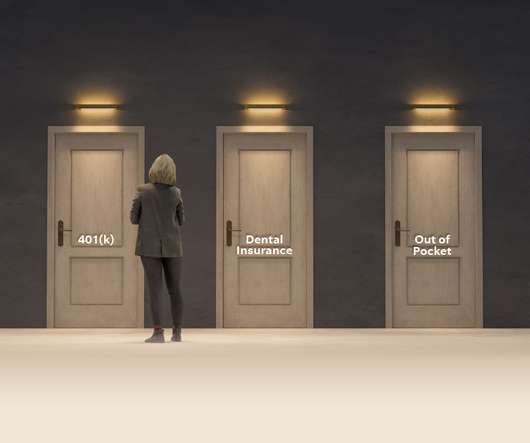If You’re Paid Biweekly, You’ll Probably Get an Extra Paycheck in 2020
HR Digest
JANUARY 8, 2020
For example, if you make $50,000 a year, your biweekly gross pay over 26 pay periods is $1,923.07, minus any deductions like health insurance, 401(k) contributions and taxes. But in a year with 27 pay periods, your biweekly gross pay would be $1,851.85 – a reduction of $71.22 (3.7%) per pay period.












Let's personalize your content